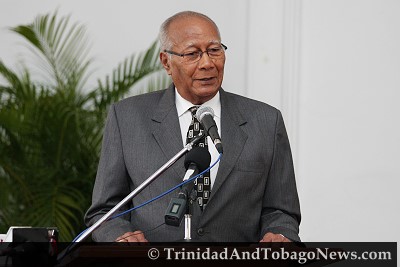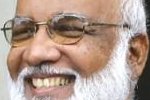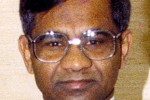The following is a press release from the Office of the President.

THE OFFICE OF THE PRESIDENT
TRINIDAD
REPUBLIC OF TRINIDAD AND TOBAGO
In the matter of the Constitution and of the Revocation of the Appointment of the Chairman of the Police Service Commission, as Chairman & Member.
His Excellency GEORGE MAXWELL RICHARDS, T.C., C.M.T., Ph.D., President advises that he has, with immediate effect revoked the appointment of Mr. Nizam Mohammed as Chairman and member of the Police Service Commission.
Continue reading President Revokes Nizam’s Appointment





